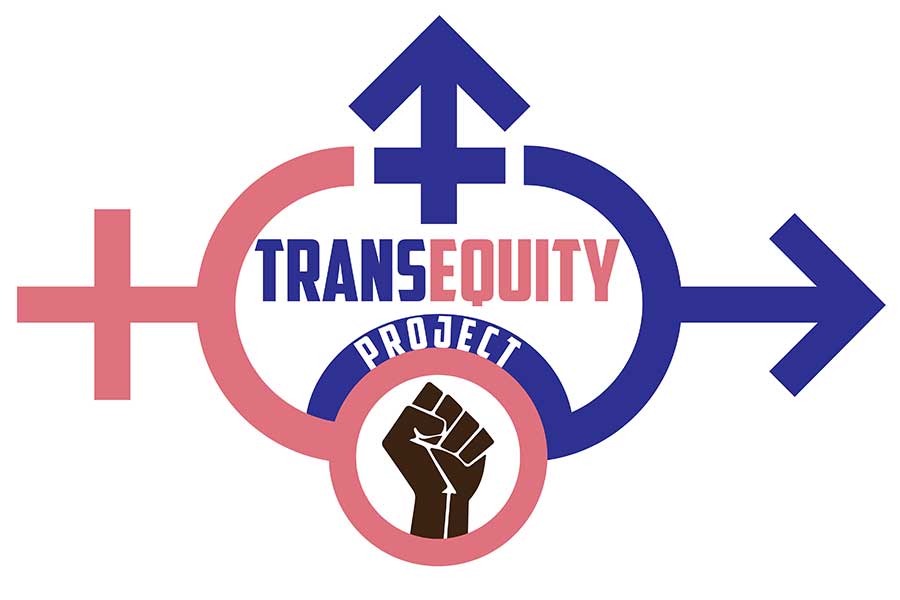A local peer-based support group for trans individuals will go by a different name to reflect its more recent efforts.
The Trans-Health Information Project (TIP), a program of GALAEI, changed its name to the Trans Equity Project and unveiled a new logo Wednesday.
“As trans people, we know how important name changes can be,” said Christian A’xavier Lovehall, the group’s co-coordinator. “They help define us.”
Lovehall noted how the group, which he leads with Milan Sherry, has evolved over time.
“Starting off, TIP was very health-focused, specifically around HIV prevention because that is a very important issue in the trans community,” Lovehall said. “We have really evolved moreso into an activism platform, more social-justice-oriented.”
In 2003, GALAEI and Prevention Point Philadelphia collaborated with local transgender leaders Ben Singer and Marcus Iannozzi to create TIP. Initially, the group addressed unsafe silicone and hormone injection use by transgender and gender-nonconforming individuals. After being awarded a demonstration-project grant from the Centers for Disease Control in 2006, TIP began offering HIV counseling and testing. The group also expanded to include advocacy efforts such as the Philly Trans* March. The Trans* March is entering its seventh year and will be held 3-6 p.m. Oct. 7 at a to-be-determined location.
“The social justice and the health [needs] — that’s work that [the group has] been doing for the past couple of years, but we wanted to name it and it’s also a way to hold the organization accountable, saying, ‘This is the type of work we’re doing. We’re going to put it in our name to be intentional about that,’” Lovehall said.
TRANScend: Equality vs. Equity, a panel discussion at GALAEI’s offices Wednesday, served as a springboard for unveiling the Trans Equity Project name and logo. TIP founding members June Bailey and Sheila-Colson Pope were among the participants who discussed the difference between “equality” and “equity.”
“‘Equality’ is when everybody has the same thing but ‘equity’ takes a look at specific situations, different disparities, how different populations are at risk,” Lovehall said. “You might have to dig a little deeper and create special circumstances so certain people can have access to what it is that they need.”
Lovehall added that since the Trans Equity Project is led directly by trans people, the group understands “the needs and desires” of the community and plans to continue with this leadership.
“We have deeper knowledge of what the trans and gender-nonconforming community needs,” he said. “We’re not just looking at it as all ‘LGBTQ people.’ We realize trans people experience specific issues and unique struggles. So keeping that in mind, we are able to provide resources based upon that.”
Lovehall said the Trans Equity Project will continue the work it has done prior to the name change but also intends to be more visible on the front lines of social-justice movements.
“I would love to see it have more of a national influence and also to be a lead example for programs and organizations in the city on how to provide services the right way,” Lovehall said.

